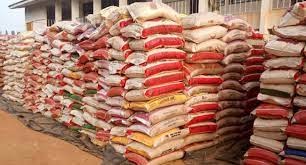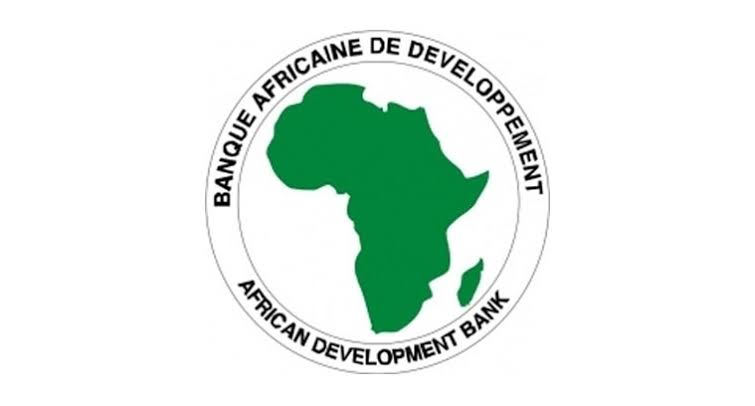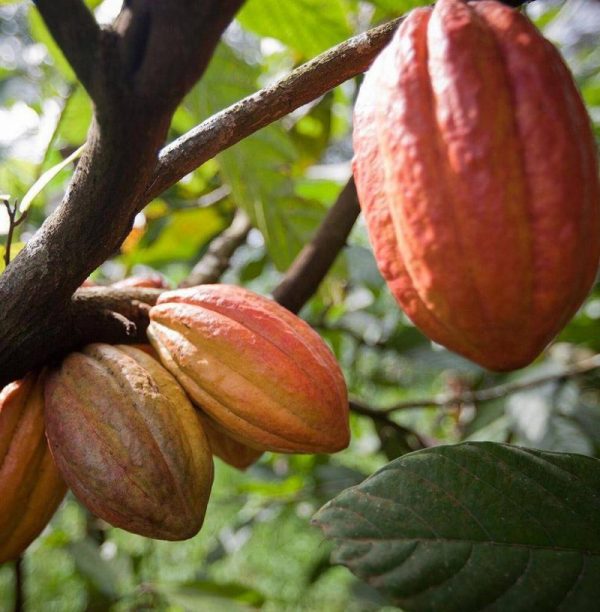In July, India banned exports of non-basmati rice to keep prices low at home. However, that ban is causing problems for rice mills in Nigeria. Alhassan Bala reports from Kano, Nigeria. The Ban aimed at stabilizing domestic prices, is reverberating across the shores of Nigeria and many African and Middle East nations are also vulnerable, according to a recent report from VOA.
Nigeria, among other West African nations, heavily relies on rice imports from India to satisfy local demands. Despite commendable efforts to bolster local rice production, Nigeria still supplements its output with imports. In the year 2021 alone, the country imported an estimated $5.78 million worth of rice from India.
Although this is not India’s first time imposing an export ban on non-basmati rice, However, the impact this time is more far-reaching than before, The aftermath of India’s export ban has cast a shadow on the local rice industry, as rice millers in Nigeria grapple with dwindling supplies. In light of the disruption, local rice mill owners have been compelled to halt production due to scarcity.
Voicing his concerns to Voice of America (VOA), Muhammad Salisu Kuna, a rice mill owner based in Kano, lamented, “The Indian rice export ban affected us. The absence of Indian rice has led to a shortage of locally grown rice. The supply is inadequate to meet the demands of the mills, resulting in a significant surge in the price of rice.”
The Central Bank of Nigeria’s concerted efforts to ensure self-sufficiency in rice production manifested in a remarkable increase in processing capacity. The country’s processing capacity ballooned from 350 thousand metric tonnes in 2015 to nearly 3 million metric tonnes in 2022.
Elaborating on the dire situation, Muhammad Sani of the Rice Farmers Association of Nigeria revealed the stark impact of the Indian export ban on local rice mills. Sani remarked, “The absence of Indian rice, combined with Nigeria’s border closure with the Niger Republic due to sanctions and farmers’ struggles to access their fields due to security challenges, is severely impacting rice mills.” He emphasized that approximately fifty rice mills in Kano state alone have been forced to halt operations due to the scarcity of rice.
The void created by the absence of Indian rice has been instrumental in driving up the prices of rice in local markets. Over the past few months, the price of rice has experienced a significant uptick, with a notable 29% increase within a mere two months.
The past three years have witnessed a convergence of factors that have propelled food prices, particularly grains, beyond the reach of the vulnerable population. Geo-political tensions, insecurity, the 2022 flooding, and other dynamic forces have collectively contributed to the escalation in food prices.
As Nigeria grapples with the multi-pronged challenges affecting its food security, the Federal government has declared a state of emergency in the realm of food production. the nation is navigating a complex landscape in its pursuit of sustenance for all and the proclamation has been accompanied by the directive to distribute grains across the country,










